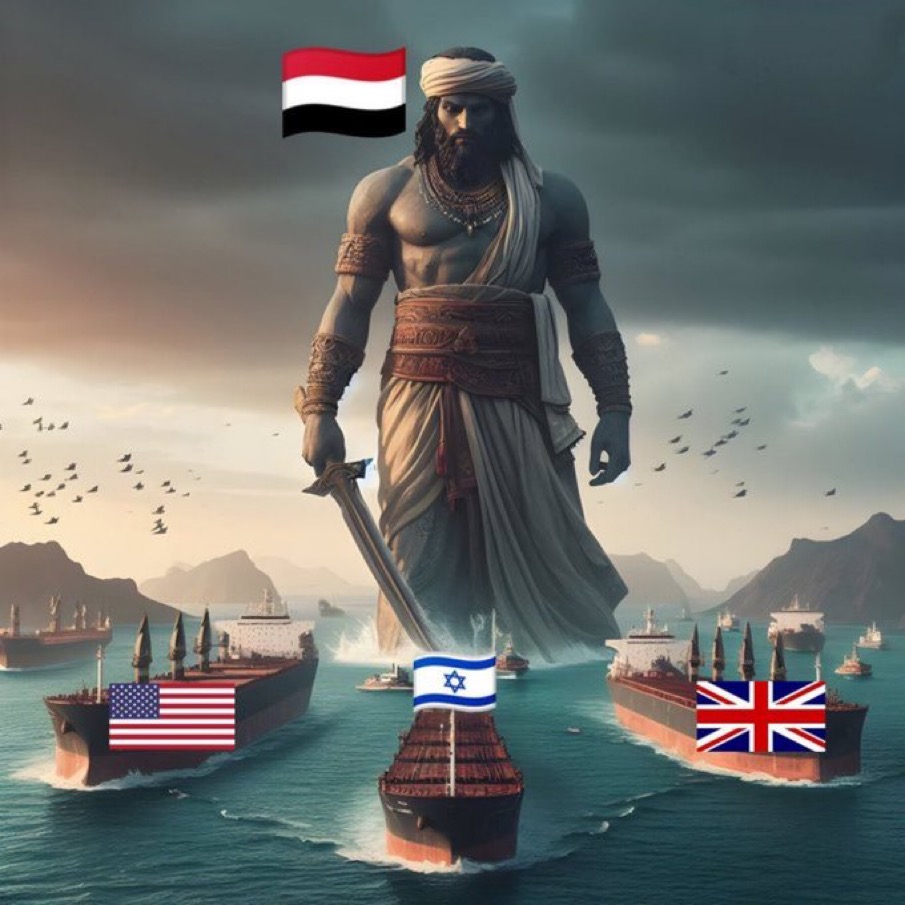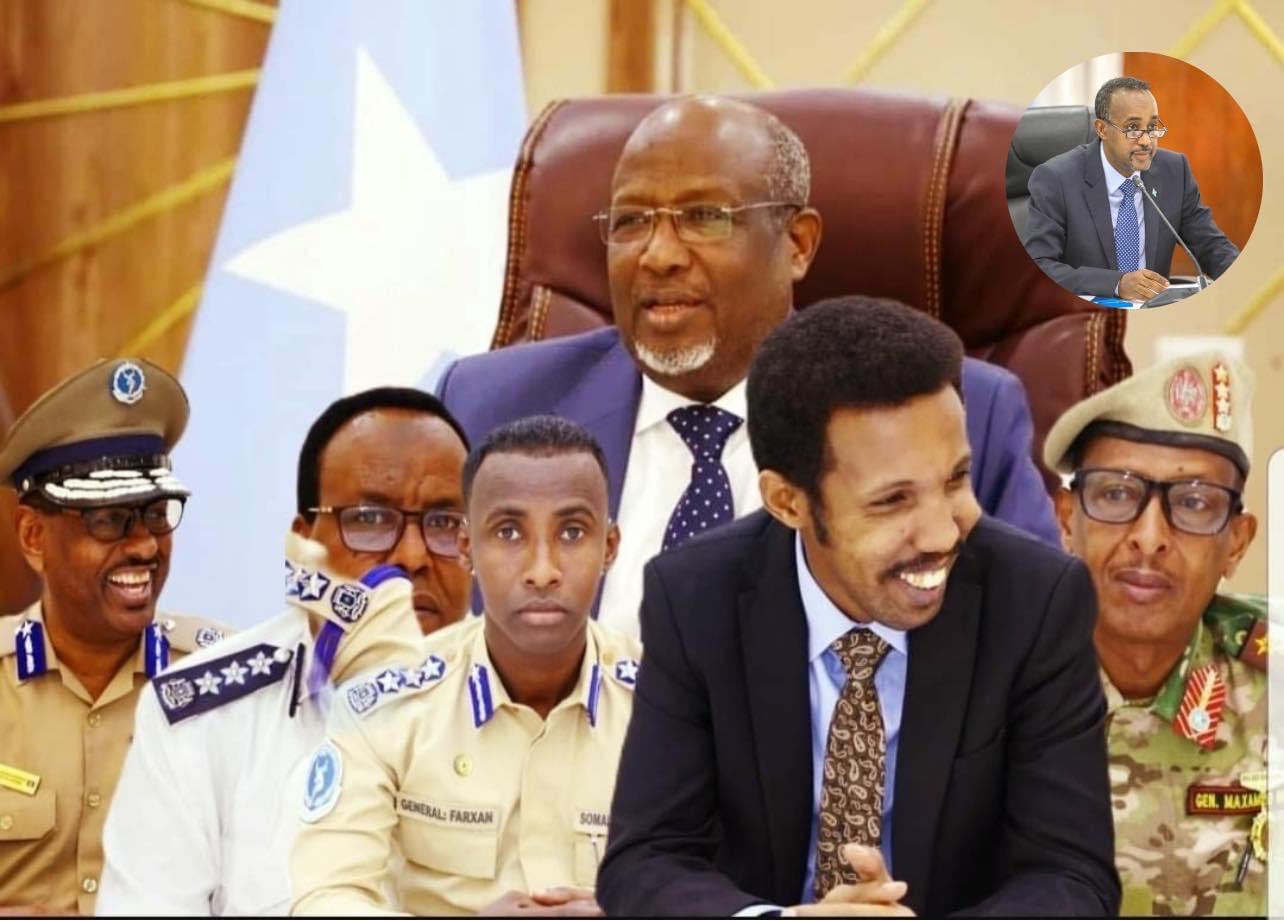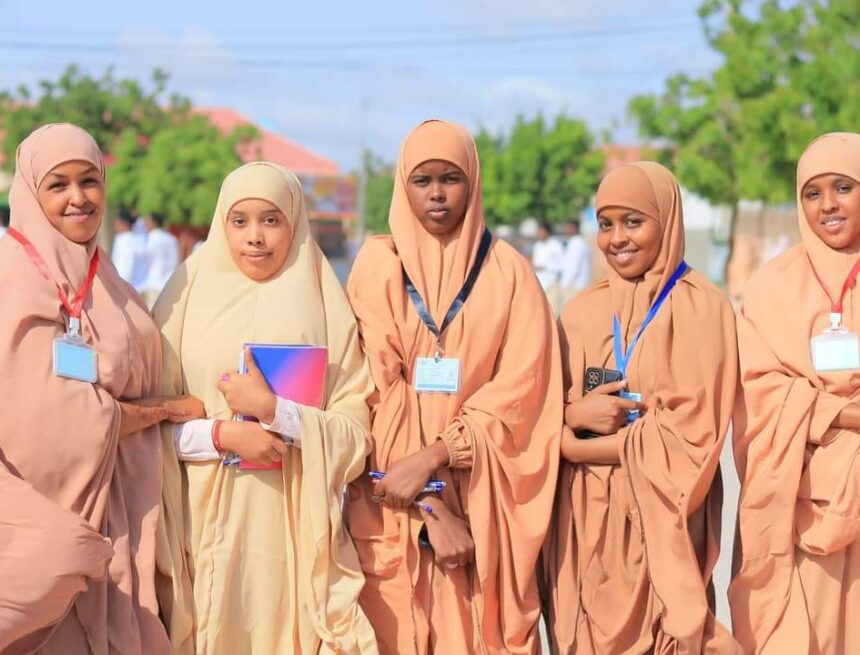Despite the Israeli war on Gaza killing nearly 30,000 Palestinians, the United Arab Emirates (UAE) has clung to the Abraham Accords, which it signed with Israel in 2020 along with Bahrain and Morocco. Maintaining relations and ensuring economic, geopolitical, and security ties between Tel Aviv and Abu Dhabi appears to be a higher priority for Emirati leaders than pressuring Israel to end the massacre of Palestinians in Gaza…
The UAE is also concerned that if the Gaza conflict expands into a full regional war, its objective of building a commercial maritime “empire” along the Horn of Africa-Gulf of Aden-Red Sea littoral would be in jeopardy. Over the last two decades, the UAE has steadily expanded its control over ports, logistics hubs, and military bases in Yemen and East Africa and has supported armed groups that help it project political influence in those locations. DP World, a Dubai-based multinational logistics company, has been a “driving force” of this emerging empire. Cutting ties with Israel over Gaza, the UAE fears, could threaten its expansionist project.
Current Crisis in the Red Sea
Since November 2023, in opposition to Israel’s war on Gaza, Yemen’s Ansar Allah (also known as the Houthis) has been conducting missile and drone attacks against commercial vessels in the Gulf of Aden and southern Red Sea. Ansar Allah claims that it only targets ships owned by Israelis or bound for Israeli ports, but in fact the group has struck many vessels with no connection to Israel.
The initial US response to the Houthi attacks was to announce Operation Prosperity Guardian (OPG) on December 18. OPG is a security initiative aimed at deterring the Houthis from waging maritime attacks through the presence of a naval coalition made up almost exclusively of western powers. In January, after OPG had failed to establish such deterrence, the United States and the United Kingdom—with nonoperational support from Australia, Bahrain, Canada, and the Netherlands—began launching military strikes against Ansar Allah targets in Yemen.
UAE Interests in the Horn of Africa and Yemen
Over the last two decades, the UAE has invested significantly in infrastructure, roads, and logistics in the Red Sea and Horn of Africa. In taking advantage of natural resources and growing consumer markets in a region situated next to a major maritime route, the UAE’s foreign policy in this strategically prized location has been key to Abu Dhabi’s ability to project influence beyond the Gulf. The UAE believes that establishing a large presence in the Horn of Africa will allow it to benefit from maritime trade flows through the Bab al-Mandab waterway, a vital trade link between the Mediterranean Sea and the Indian Ocean.
Among the UAE’s important maritime-commercial investments in the Red Sea and Horn of Africa are various logistics platforms and wet and dry ports. These include Sokhna and Safaga in Egypt, Berbera in Somaliland and Bosaso in Puntland & Kismaio Jubbaland all Somali-federated states membars, and Abu Amama in Sudan. To protect these economic interests, the UAE built an air and naval base in Assab, Eritrea, which it then dismantled in 2021 when Emirati participation in the Yemen war wound down.
The UAE’s foreign policy in the Horn of Africa has been controversial, particularly with respect to Somalia. Over the years, the government in Mogadishu has perceived Abu Dhabi as a threat to Somalia’s sovereignty, unity, and independence. Although the UAE and Somalia signed a security agreement in early 2023 that improved bilateral ties, several factors have caused friction between them.




